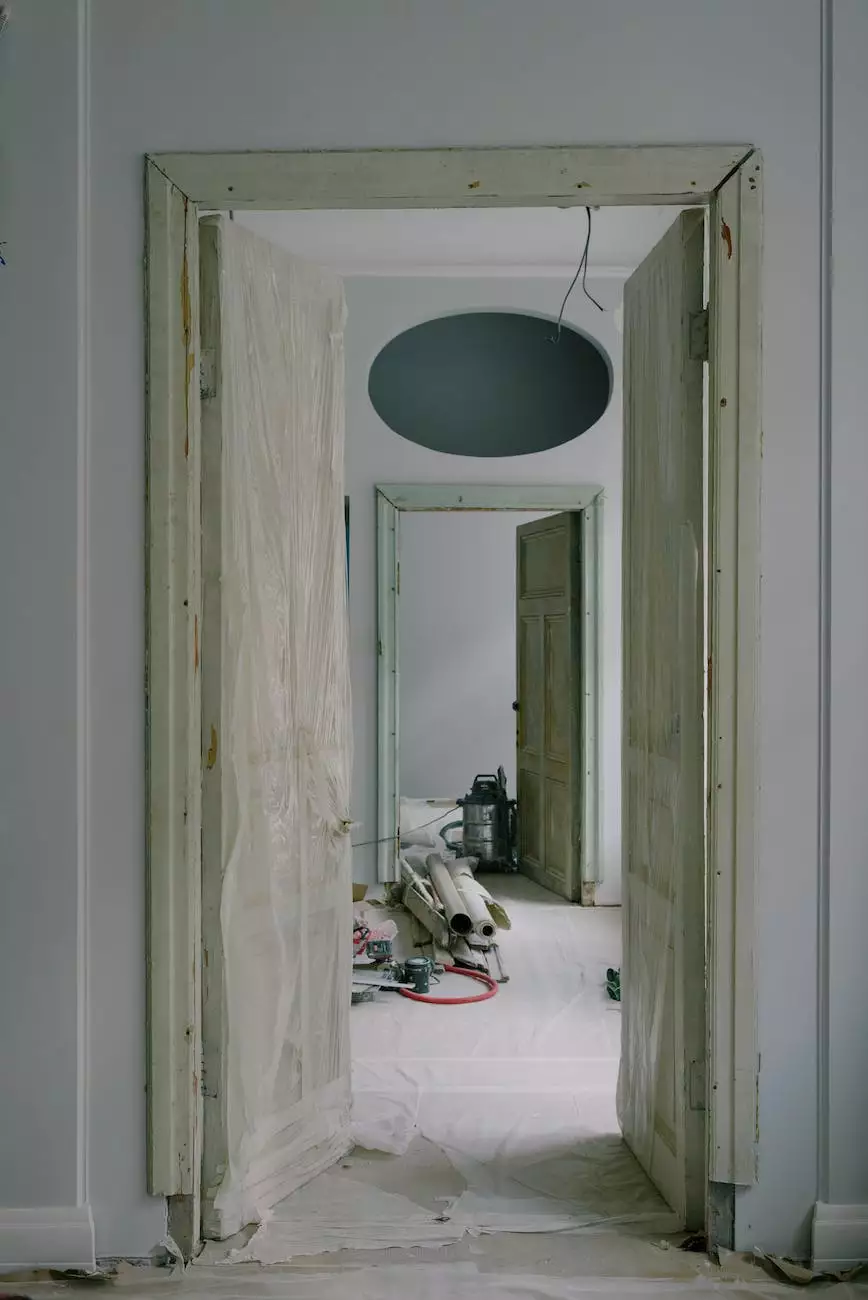12 Dumb Questions Smart Sales Reps Ask
Blog
Introduction
Welcome to Urayus Home Improvement Marketing's comprehensive guide on the 12 dumb sales questions smart reps ask. In this article, we will delve into the importance of asking the right questions in the home improvement industry and provide you with valuable insights to improve your sales techniques.
Why Asking the Right Questions Matters
As a sales representative in the home improvement industry, your success heavily relies on your ability to identify customers' needs and offer tailored solutions. Asking the right questions helps you understand their pain points, expectations, and preferences, enabling you to present the most suitable products or services.
The 12 Dumb Questions to Avoid
1. "Do you need any help?" - Instead, start the conversation by asking open-ended questions such as "What specific home improvement projects are you looking to tackle?" or "What are your goals for improving your space?"
2. "Are you considering other companies?" - Instead, focus on building trust and showcasing your unique value proposition by asking questions like "What factors are important to you when choosing a home improvement partner?" or "What qualities do you value in a service provider?"
3. "Can I show you some options?" - Instead, listen actively to your customers and ask questions to understand their preferences. For example, "What style or design elements are you envisioning for your home?" or "Are there any specific products or materials you've researched?"
4. "What's your budget?" - Avoid this question upfront as it might put potential clients on the defensive. Instead, focus on understanding their needs and presenting solutions that fit their requirements. Demonstrate value before discussing pricing.
5. "Are you the decision-maker?" - Rather than asking this question directly, explore the decision-making process and stakeholders involved. Ask questions like "Who else is involved in the decision-making process?" or "What criteria are important to all decision-makers?"
6. "Do you have any other questions?" - Instead of assuming your potential customer's concerns, actively inquire about any doubts or uncertainties they may have. Ask questions like "Is there anything you would like more information about?" or "Are there specific aspects you'd like us to address?"
7. "How soon do you need it done?" - While timing is important, focus on understanding the customer's overall goals and project timeline. Ask questions such as "What is your ideal timeline for starting this project?" or "Are there any important deadlines or events influencing your timeline?"
8. "Can you give me a discount?" - Instead of asking for discounts, emphasize the value you provide. Ask questions like "What outcomes are you expecting from this project?" or "How much would achieving those results be worth to you?"
9. "Will you buy today?" - Instead of pressuring customers for an immediate decision, focus on providing them with all the necessary information to make an informed choice. Ask questions like "What additional information do you need to feel comfortable moving forward?"
10. "Can I add you to our email list?" - Instead of assuming customers' preferences, respect their privacy and ask for their permission. Ask questions like "Would you like to receive updates or exclusive offers via email?" or "How would you prefer to stay informed about our latest promotions?"
11. "Are you sure you can afford it?" - Avoid making assumptions about customers' financial situations. Instead, provide various options and payment plans, and ask questions such as "How would you like to finance this project?" or "What factors are important to you when considering financing options?"
12. "Is price your only concern?" - Understand that customers prioritize different factors. Instead, explore their concerns by asking questions like "Aside from price, what other factors are important to you when making a decision?" or "What are the key considerations in your decision-making process?"
Effective Questioning Techniques and Strategies
Now that you are aware of the dumb questions to avoid, it's essential to understand how to ask the right questions effectively. Here are a few strategies:
1. Active Listening
Listening attentively allows you to pick up valuable cues and tailor your questions accordingly. Focus on understanding your customer's needs, concerns, and preferences.
2. Open-Ended Questions
Open-ended questions encourage customers to provide detailed responses, enabling you to gain deeper insights into their requirements. They cannot be answered with a simple "yes" or "no" and often begin with words like "what," "how," or "why."
3. Probing Questions
Probing questions help you delve further into a specific topic, uncovering hidden pain points or expectations. They are used to clarify, explore, or challenge assumptions made by the customer.
4. Follow-up Questions
Follow-up questions allow you to dig deeper into a customer's response, ensuring a more comprehensive understanding of their needs. They show active engagement and genuine interest in their concerns.
5. Reflective Questions
Reflective questions help summarize or clarify previous statements made by the customer. They demonstrate that you are actively listening and want to ensure understanding.
Closing Thoughts
By avoiding the 12 dumb sales questions highlighted in this article and implementing effective questioning techniques, you can significantly improve your sales results in the home improvement industry. Remember, understanding your customers' needs and providing tailored solutions is key to success.
For more tips and insights on home improvement sales and marketing strategies, visit Urayus Home Improvement Marketing's blog frequently. We are dedicated to helping professionals like you excel in the competitive digital marketing landscape.










